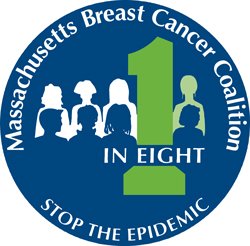The dangers of PFAS contamination continue to dominate headlines, drawing attention to the widespread impact of these harmful chemicals on public health and the environment. Massachusetts Breast Cancer Coalition (MBCC) is dedicated to raising awareness and advocating for stronger protections. Please take a moment to review these articles to better understand the scope of PFAS contamination and its impact on our communities.
EPA’s Inaction on Biosolids Contamination
A major New York Times article revealed that 3M informed the EPA in the early 2000s about the risks of PFAS in sludge and biosolids. Despite this knowledge, the EPA failed to act to restrict the land application of these biosolids. This has led to widespread contamination of agricultural land, with Maine being one of the states most heavily impacted. Read more here.
Maryland Sues Over Gore-Tex Production
The state of Maryland has filed a lawsuit against the company producing Gore-Tex, a waterproof material often used in raincoats and outdoor gear. The lawsuit alleges that company leaders continued to use PFAS, also known as “forever chemicals,” long after learning about their serious health risks. Read more here.
Federal Drinking Water Standards Under Threat
The EPA’s new federal drinking water standards for PFAS are facing a lawsuit from the American Water Works Association. Additionally, Project 2025, an agenda that includes weakening environmental regulations, has reversing these standards as a stated goal. Read more here.
MBCC offers valuable resources to help individuals and families reduce their exposure to harmful chemicals:
- Let’s Talk Prevention: Reducing Toxic Exposures: Learn essential steps to reduce toxic exposures, find tips for choosing safer alternatives to toxic products, and access our handout, available in 11 languages.
- Let’s Talk Prevention: Actions You Can Take Student Modules: These free environmental education modules encourage conversations about environmental toxin exposures. Developed in partnership with Silent Spring Institute and funded by the NIEHS, the modules provide age-appropriate, evidence-based, and engaging activities for students from elementary to high school levels.
Stay informed and join MBCC in advocating for stronger protections against PFAS contamination. Together, we can take action for the health and safety of our families and future generations.

